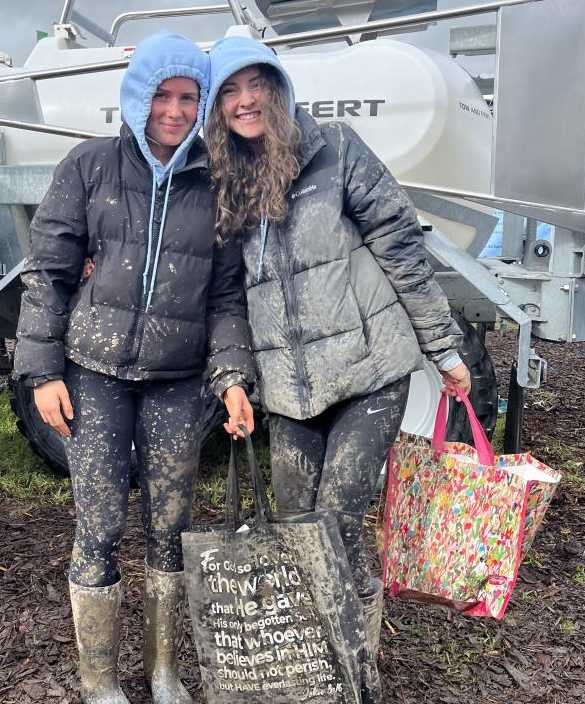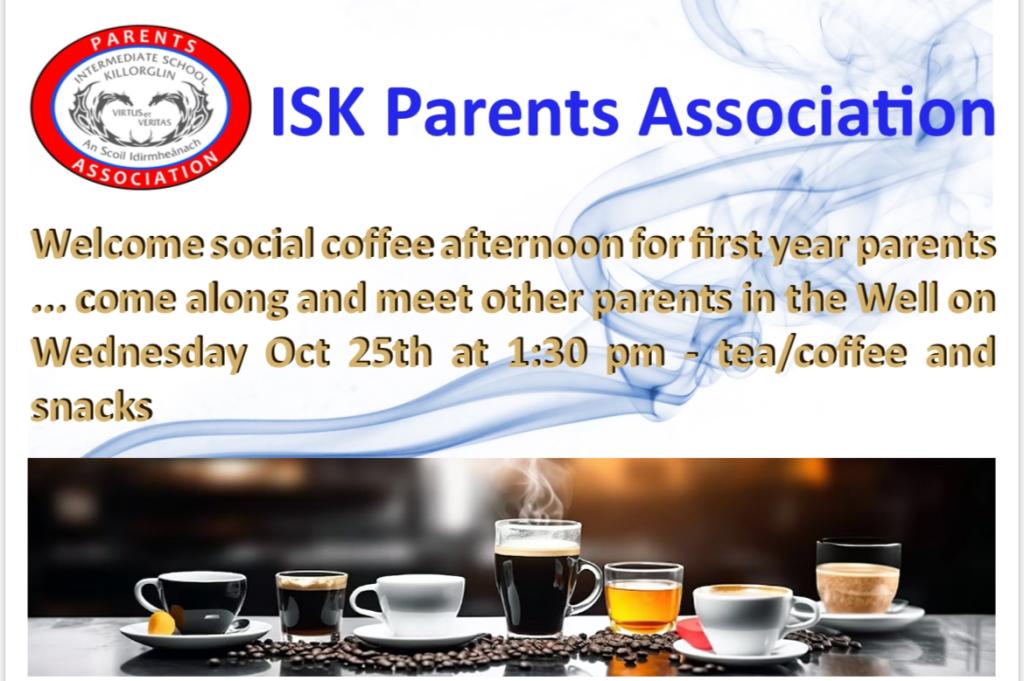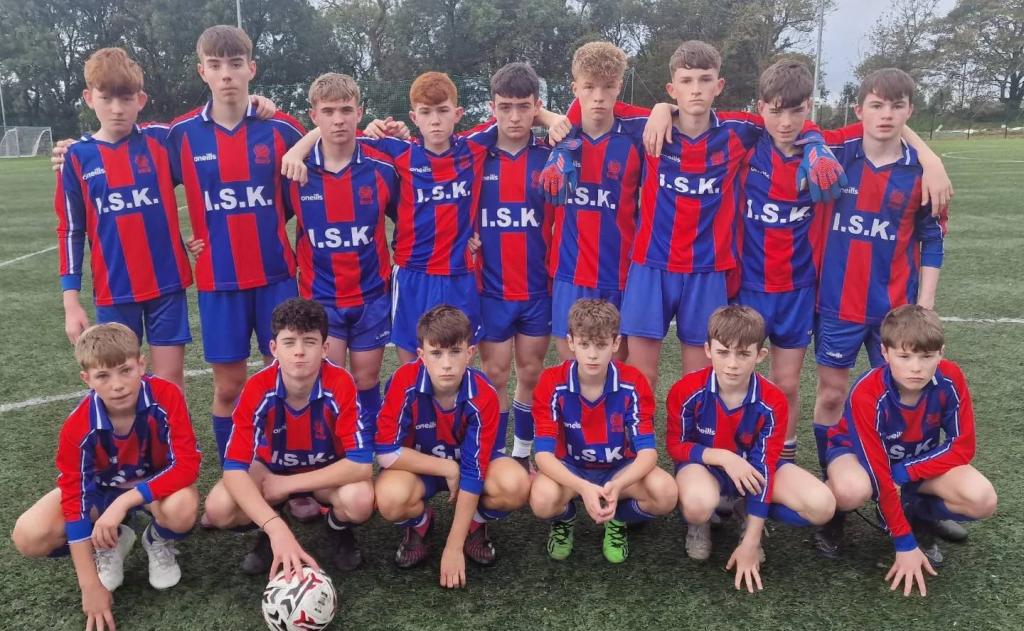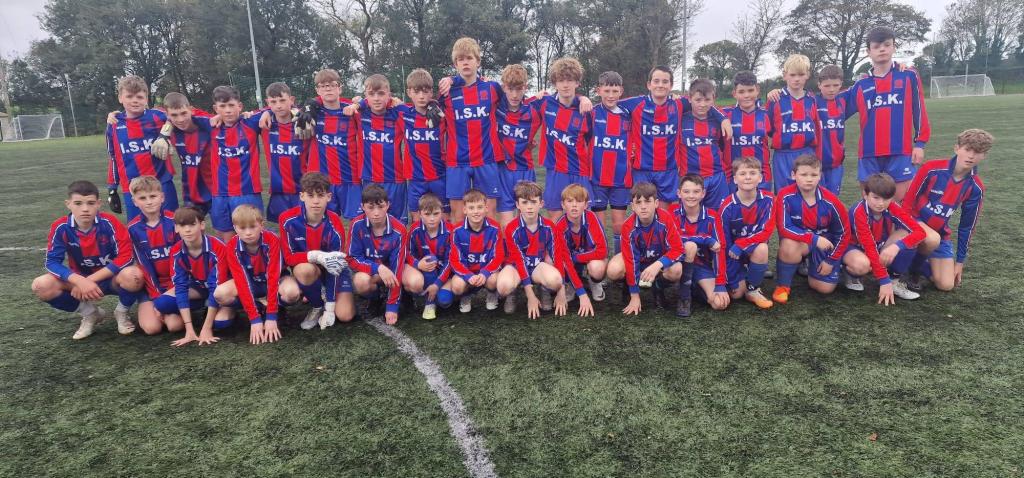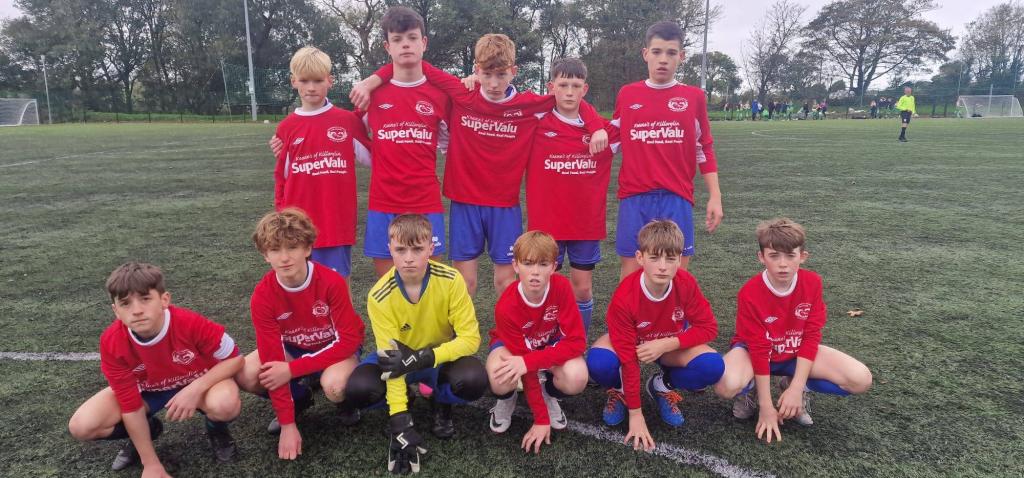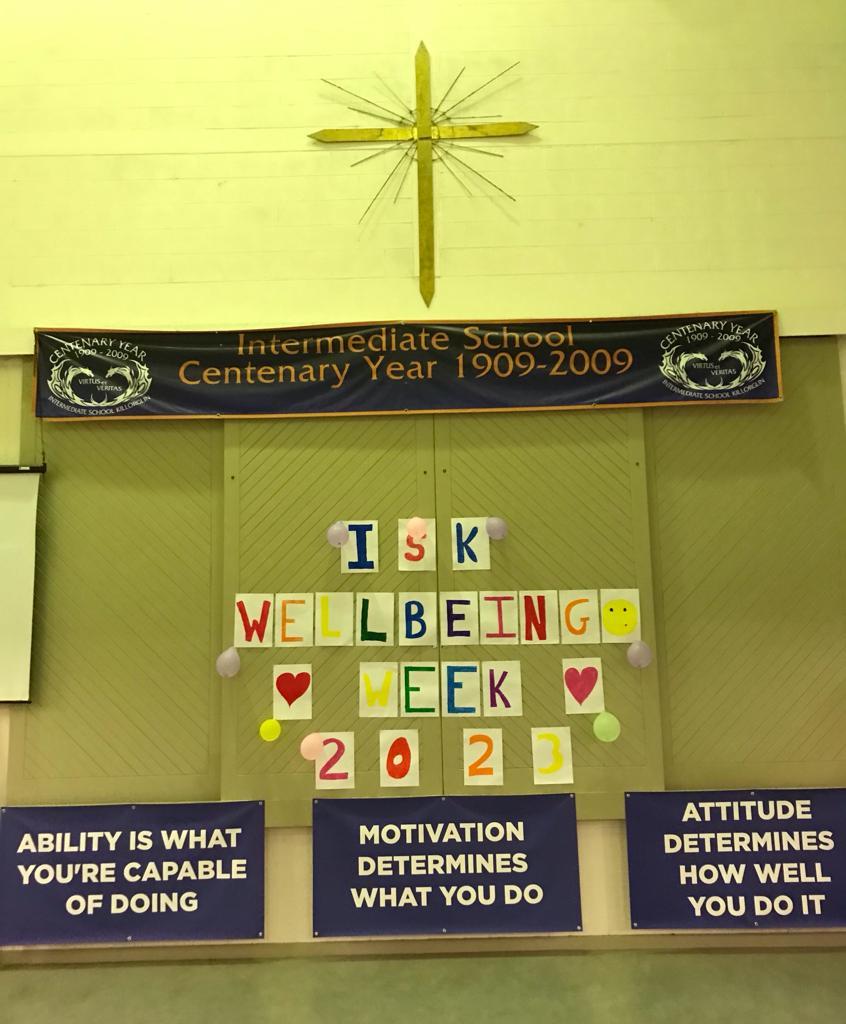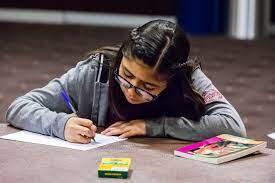Archived : 23 Nov 2023, 12:00 AM
Despite the challenging conditions underfoot, our TY & 5th Year students enjoyed a fantastic day in Ratheniska, Co. Laois earlier this week!
Archived : 22 Nov 2023, 12:00 AM
Archived : 22 Nov 2023, 12:00 AM
Archived : 21 Nov 2023, 12:00 AM
Our TYs had a fantastic teambuilding day in Ballyhass Lakes, Mallow recently - always a major highlight of the TY Calendar!
Archived : 20 Nov 2023, 12:00 AM
Today marks the beginning of "WellbeingWeek" in the ISK. The theme for the week is "Mood and Mindset Matter". There will be a range of activities throughout the week including a presentation from the renowned motivational speaker, Pat Falvey.
Archived : 18 Nov 2023, 12:00 AM
As part of Wellbeing Week , tomorrow, Friday 17th of November, is a no uniform day in the school
Archived : 15 Nov 2023, 12:00 AM
There will be no After School Study today
Archived : 15 Nov 2023, 12:00 AM
Reminder: there will be a Leaving Cert parent teacher meeting today from 16.15 - 18.45.
Archived : 15 Nov 2023, 12:00 AM
There is a free webinar taking place next Tuesday the 14th of November at 7pm called The importance of sleep for our teenagers. The main speaker is Lucy Wolfe and she will be giving some information and guidance around this topic. Lucy is best known for the books she has written on sleep for young children, but she has prepared some very useful material specifically for this webinar and the parents of teenagers.
You can register for this free webinar using this link:
https://www.eventbrite.ie/e/681709019027
Parents can also submit questions on the night through chat or in advance by email to info@planetyouth.ie.
